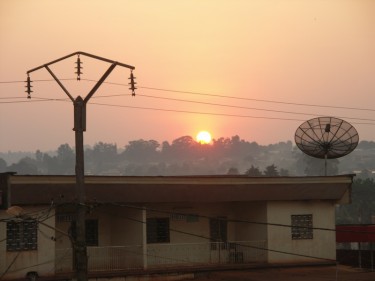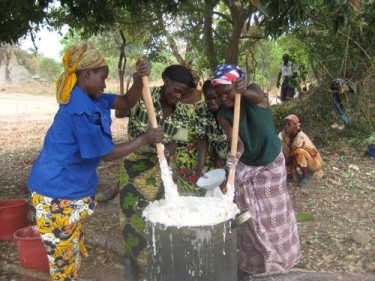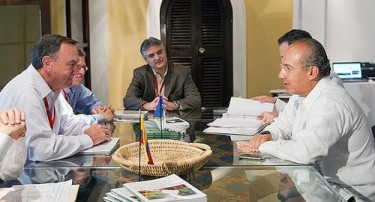
After his reelection in November 2011, President Paul Biya of Cameroon announced [fr] that the country would soon become a giant “construction site”. The goal for his new term is for Cameroon to reach emerging market status by 2035 through a series of “great achievements” in transport and energy infrastructure development [fr]. It’s a deadline that fails to convince [fr] many commentators, if only because the challenges are so great.
Energy, and specifically electricity, is especially problematic. Like many other African countries, Cameroon suffers from insufficient electricity supplies.
Journalist Leopold Nséké explains in an article published in Afrique Expansion Magazine:
Underequipped, the African continent is awash in the obsolescence of its facilities and bore the brunt of poor management of available resources. Representing 15% of the world population, Africa consumes paradoxically only 3% of the total world production of electricity.




